The end of outsourcing as we know it?
By Henry BalaniThe recent allegations1 and eventual settlement2 against Standard Chartered regarding lapses in their anti-money laundering (AML) controls has made headlines in recent days, with significant impact on their share price and damage to their reputation, apart from the fine of US$340M. What is interesting to note is the finger pointing that is arising out of this incident.
In a recent article from the Times of India3, “A probe by the New York State’s key banking regulator, the Department of Financial Services (DFS), found deficient money laundering controls in outsourcing of work by StanChart to India”. The article goes on to say that the offshore team was used in instances where potential wire payments referencing Iran could get stopped by the New York Branch. Standard Chartered, a UK based bank with Asian exposure has extensive back office operations in Chennai, India.
Whilst the settlement puts to bed the allegations, this incident highlights the issue as to how key AML sanction screening and reviews are essential to a bank’s core processes. It is clear that if any bank is caught violating AML controls, there are consequences irrespective of whether the bank chooses to offshore or outsource this core process.
Money laundering controls need to be consistently applied irrespective of the bank’s location. From a business process perspective, this would seem logical as the overall corporation’s financial performance and reputation would be at stake. While there are individual country rules and regulations to contend with, ultimately the corporation’s business practice needs to be consistently applied.
It is good to understand the nature of AML sanction screening. The nature of current screening processes results in a significant number of matches that need to be reviewed, typically manually.
For example, any reference to Iran in an account name, address or payment instruction will need to be flagged, given the higher level of risk associated with such an account or transaction. Once flagged, there are various reviews conducted and escalated per the bank’s AML controls policy. In industry terms, this is known as a ‘four eyes review’.
When a bank decides to offshore or outsource (offshore meaning internal company resources located in a lower cost country; outsource meaning using an external firm providing lower cost labour, presumably in a lower cost country), the screening process, typically first (or even second) level reviews are done at the local level and only those accounts or transactions that are classified high risk are escalated to senior levels for review. Offshore resources are typically considered more cost effective in conducting the initial reviews, especially when volumes of matches requiring review are very high.
The other argument in using offshore resources is that they are more efficient, given their focus on just this area. Once the AML controls and escalation policy is well understood the review process can be effective.Indeed, there are Business Process Outsourcing (BPO) firms with many based in India that provide such services.
BPO firms are increasingly used for labour intensive processes, where Indian firms advertise their cost advantage. AML screening is seen as a labour intensive process, hence the continued growth of BPO firms.
The Standard Chartered case now raises the question as to whether banks should be offshoring or outsourcing such core business processes, given the associated level of reputational damage or hefty fines. What this implies then is that cost issues cannot come into play when making decisions around implementation of AML controls.
This is unfortunate as a primary driver for any company to be successful is the efficient allocation of capital. However being risk averse, irrespective of cost efficiencies in implementing AML policy controls is a very wise decision in today’s enforcement climate. The hope is that banks can continue to provide valuable banking services in the most cost effective manner in the long run.
1https://www.bbc.co.uk/news/business-19159286
2https://www.bbc.co.uk/news/business-19263977
3https://epaper.timesofindia.com/Repository/ml.asp?Ref=VE9JTS8yMDEyLzA4LzA4I0FyMDAxMDA=&Mode=HTML&Locale=english-skin-custom




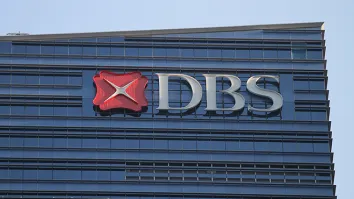


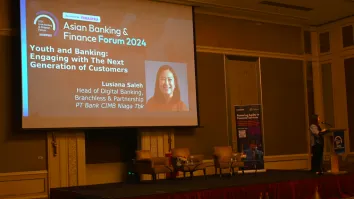

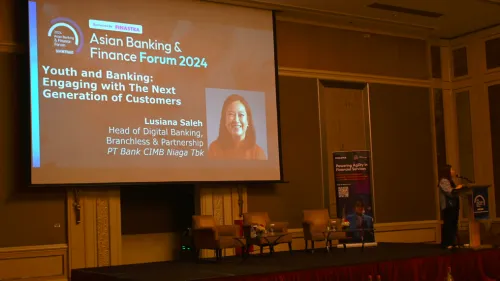
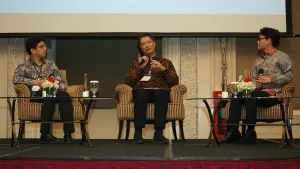
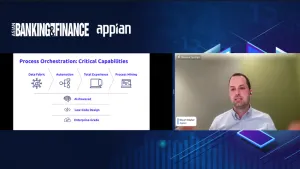
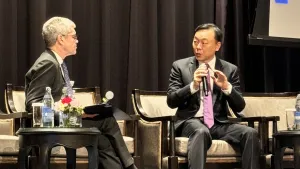




 Advertise
Advertise






